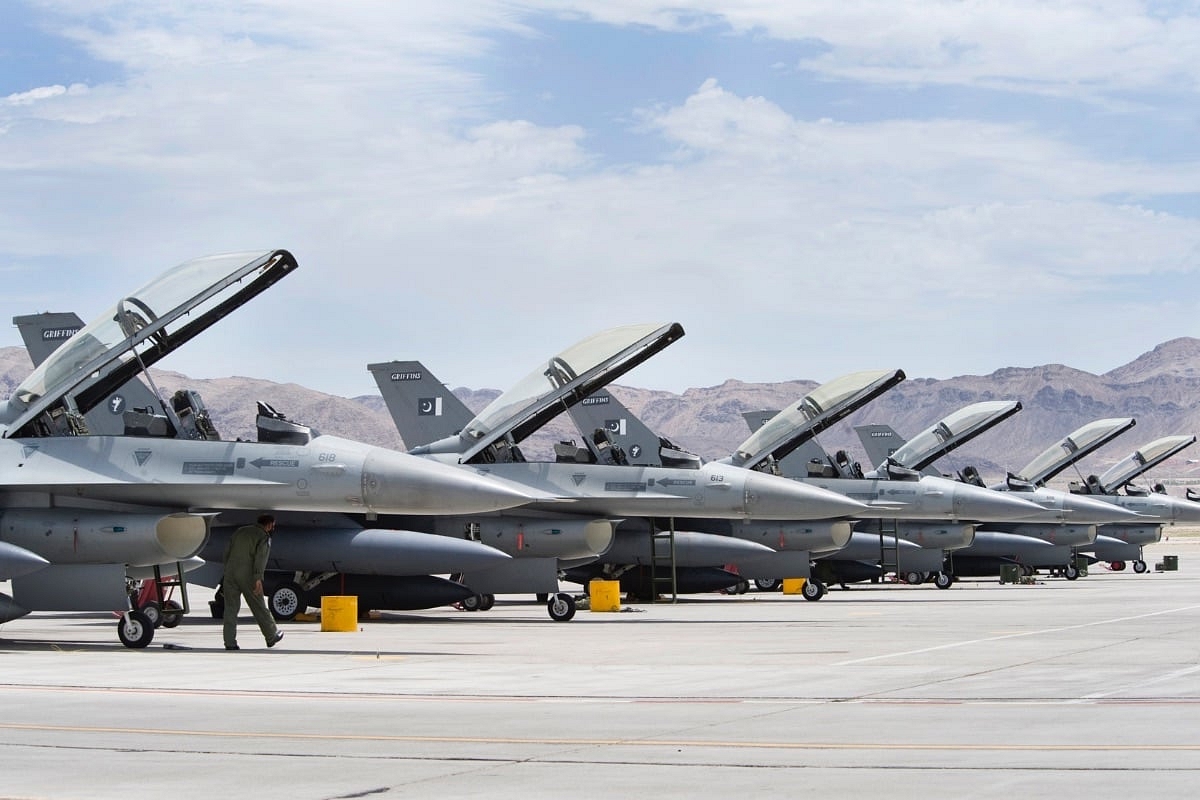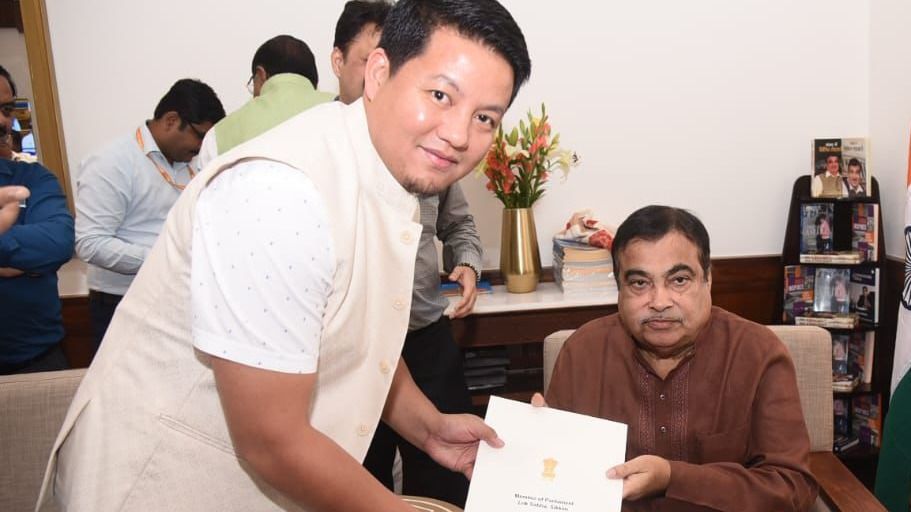Baby Chakraborty, KalimNews, New Delhi, May 1, 2025 : In a significant move to bolster national security, the Indian government has closed its airspace for Pakistani aircraft, effective Wednesday night. This action follows a series of escalating tensions between the two countries, with India now deploying advanced jamming technology along its western border to disrupt Pakistani military aviation operations.
According to government sources, the installation of sophisticated jammers is intended to target the Global Navigation Satellite System (GNSS) used by the Pakistani military. The jammers are expected to severely hinder the ability of Pakistani army aircraft to accurately locate and hit targets. Pakistani aircraft primarily rely on three navigation technologies: GLONASS, GPS, and RAIDU. These systems use satellite signals to determine the position of targets. With the new Indian jamming technology in place, the Pakistani aircraft will likely face significant disruption, preventing them from gathering precise target information.
Impact on Pakistani Flights
The closure of Indian airspace to Pakistani aircraft extends beyond military operations. Civilian flights registered in Pakistan or operated by Pakistan will also be prohibited from flying through Indian airspace. This new regulation, which applies to both commercial and military aircraft, will force Pakistani airlines to reroute their flights. Pakistani flights traveling to East and Southeast Asia, for instance, may face delays of one to two hours as they are forced to take longer, more circuitous routes to avoid Indian-controlled airspace.
Tensions Escalate Amid Rising Hostilities
This latest measure comes amid heightened tensions between the two countries. India has accused Pakistan of being responsible for the terrorist attack on Indian tourists in Jammu and Kashmir on April 22, an attack that left several innocent civilians dead and injured. In retaliation, India has taken a series of punitive steps, including the cancellation of the Indus Water Treaty and the revocation of short-term medical visas for Pakistani citizens.
In response to these measures, Pakistan has retaliated by closing its airspace to Indian flights. These reciprocal actions reflect the increasingly strained diplomatic relations between the two nations, with both governments taking a more aggressive stance.
India’s Strategic Response
The Indian government’s decision to close its airspace and install jammers on the western border signals a shift toward a more proactive and technologically advanced approach to countering security threats. Experts believe that this move could have far-reaching implications for the region, further complicating air travel and military operations for both countries.
With both nations now engaging in a battle of technological warfare, the long-standing tensions over border security, terrorism, and regional dominance appear to be escalating rather than subsiding. As the situation continues to unfold, it remains to be seen whether diplomatic channels will be able to defuse the mounting tensions or if further escalations are inevitable.
The Indian government has made it clear that these measures are in response to Pakistan’s actions and will remain in place as long as national security concerns persist. The country’s military and defense officials are on high alert, and the general public has been urged to stay informed on the latest developments.
As tensions between India and Pakistan remain high, the global community watches closely, hoping for a resolution to this volatile situation.









